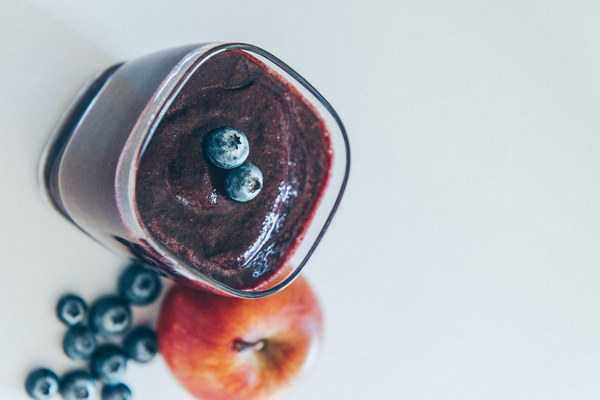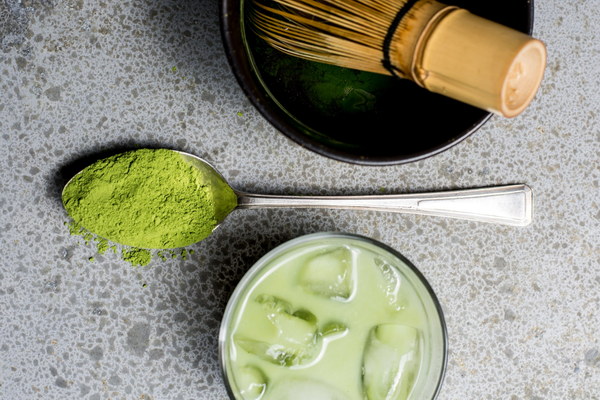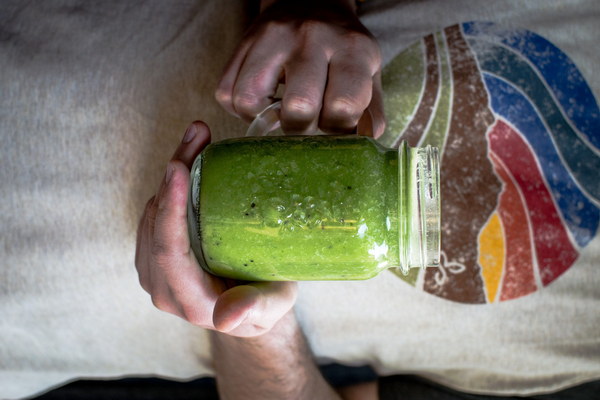Decoding the Fountain of Youth Strategies for Reducing Age-Related Aging
In the quest for eternal youth, the search for ways to reduce age-related aging has become a prevalent topic in both scientific research and popular culture. The aging process is a complex interplay of genetic, environmental, and lifestyle factors that contribute to the gradual decline in our physical and cognitive abilities. This article delves into the science behind reducing age-related aging, offering insights into various strategies that can help us age gracefully.
Understanding Age-Related Aging
Age-related aging is characterized by a series of physiological changes that occur as we grow older. These changes can lead to an increased risk of chronic diseases, cognitive decline, and a general decrease in quality of life. Key factors contributing to aging include:
- Oxidative stress: The accumulation of free radicals in the body, leading to cellular damage and aging.
- Telomere shortening: The gradual shortening of telomeres, which protect the ends of chromosomes, is linked to aging and age-related diseases.
- Inflammation: Chronic inflammation plays a role in aging and the development of various diseases.
- Mitochondrial dysfunction: The aging of cells is partly due to the decline in mitochondrial function, which affects energy production.
Strategies for Reducing Age-Related Aging
1. Healthy Diet: Consuming a balanced diet rich in antioxidants, vitamins, and minerals can help combat oxidative stress and inflammation. Foods high in omega-3 fatty acids, such as fish, nuts, and flaxseeds, can support brain health and reduce the risk of cognitive decline.
2. Regular Exercise: Engaging in regular physical activity can improve cardiovascular health, boost the immune system, and enhance muscle strength and endurance. Exercise also helps maintain a healthy weight, which is crucial for reducing the risk of age-related diseases.
3. Adequate Sleep: Getting enough quality sleep is essential for overall health and longevity. During sleep, the body repairs and regenerates cells, helping to combat the effects of aging.
4. Stress Management: Chronic stress can accelerate the aging process, so it's important to develop effective stress management techniques, such as meditation, deep breathing exercises, and mindfulness.

5. Social Connections: Maintaining strong social connections can provide emotional support and reduce the risk of depression, which is often associated with aging. Engaging in social activities, volunteering, and maintaining close relationships can contribute to a longer, healthier life.
6. Avoid Harmful Habits: Quitting smoking and limiting alcohol consumption can help reduce the risk of age-related diseases, such as cardiovascular disease, cancer, and liver disease.
7. Sun Protection: Chronic exposure to UV radiation can lead to premature aging and an increased risk of skin cancer. Applying sunscreen, wearing protective clothing, and seeking shade during peak sun hours can help protect the skin.
8. Medical Check-ups: Regular medical check-ups can help detect and manage age-related conditions early, improving overall health and longevity.
The Future of Anti-Aging
While there are many strategies for reducing age-related aging, it's important to note that there is no single solution. As our understanding of the aging process continues to evolve, scientists and researchers are working on innovative approaches to combat the effects of aging, such as:
- Telomerase activation: Telomerase is an enzyme that can extend telomeres, potentially slowing the aging process.
- Stem cell therapy: Stem cells have the potential to regenerate and repair damaged tissues, offering a promising avenue for treating age-related diseases.
- Artificial intelligence and data analytics: By analyzing vast amounts of data, researchers can identify patterns and trends that can help predict and prevent age-related diseases.
In conclusion, reducing age-related aging is a multifaceted endeavor that involves adopting a healthy lifestyle, managing stress, and seeking medical care when necessary. By incorporating these strategies into our daily lives, we can enhance our chances of aging gracefully and enjoying a high quality of life as we grow older.









